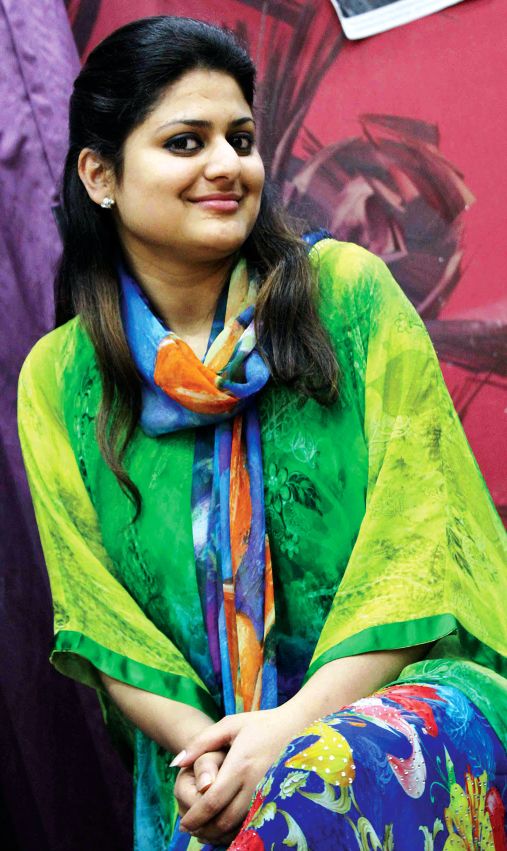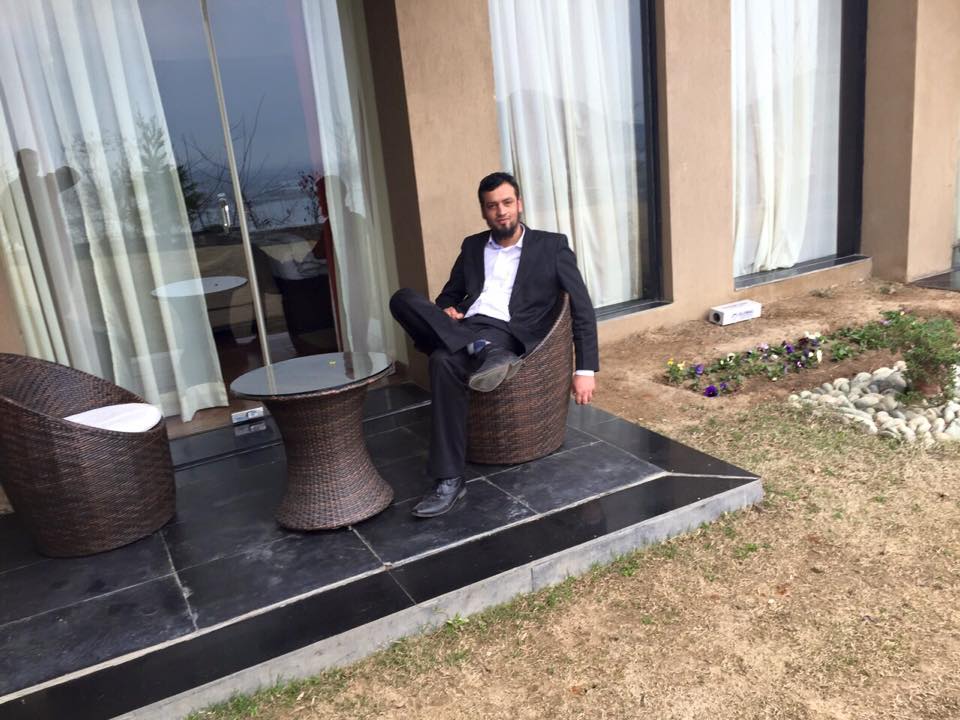Afaq Giri became first person to crack IAS exams from Banihal. Riyaz Ul Khaliq and Saima Rashid report the story behind his success
When asked what it means to crack Indian Administrative Services (IAS) exam, Afaq Giri said, “Now my mother’s soul would rest in peace. I have achieved what she had dreamt for me.”
An engineer by profession, Afaq says that his mother’s last wish to see him as an IAS officer made him work hard.
“In November 2012, I had to bid adieu to my job in Gurgaon to attend my ailing mother back home,” he informs, “She was not keeping well for some time.”
Afaq says that once home, his mother motivated him to prepare for union civil services.
“I started preparing for the elite exam but my mother’s health deteriorated and I had to accompany her to SKIMS for over a month,” Afaq says amid sobs, “It was our last meeting. She could not recover and left for her heavenly abode!”
Broken and dejected, Afaq was home for some three months but his mother’s wish did not let him rest. More so, his family, particularly his grandfather, pushed him for the prelims.
First to succeed in the Indian Civil services from his home district of Ramban, Afaq did his schooling from Sainik School Nagrota.
As he completed his 12th in 2004, Afaq got selected in an engineering course through J&K CET.
“I studied Electronics and Communications engineering from GCET Jammu,” he informs. “As my course was over, I got job placement in Nokia Siemens network as core planning engineer at Gurgaon in NCR.”
Till 2012, Afaq was working in Nokia Siemens before he got a call from home.
“My mother was going through worst times due to bad health conditions, which compelled me to quit my job and return home,” explains Afaq. “I had a job offer in Brazil as well but how could I accept it when my mother needed me the most.”
As he successfully completed his prelims, Afaq went to Jamia Milia Islamia, New Delhi. “My stay in JMI has been very helpful,” he continues. “I had a 24×7 library at my disposal, very helpful professors and a friendly environment to study.”
Succeeding in his first attempt, Afaq says, “Circumstances were not in my favour but still I cracked the UPSC exams on the very first attempt in geography.”
He says that one need to be a good time manager and counselling by those who are already in service is necessary. “Hard work, time management, guidance from successful IAS officers is a must,” he says.
Afaq, who is a social activist, after successfully completing his mains exam, set out to help Muzaffarnagar riot hit victims. “I came to Srinagar and contacted my friends and well wishers and informed them about the plight of our brothers in UP,” he explains. “I managed some rupees four lakh in cash and other necessities as well.”
Leading a group of volunteers, he reached Muzaffarnagar and Shamali areas and camped in UP. “We helped the victims in their rehabilitation by providing them cash and kind as well.”
He adds that the group gave some loan to those who intended to re-start their business. “Loans are free of interest,” he says.
Afaq says that riot hit victims were all praise and their prayers resulted in his success.
“The supplication and prayers of the people we helped in one way or the other were in support of me,” he exclaims.
Being first from his native place to qualify the high profile exam, he is a role model now in Banihal.
People of the area are all praise for Afaq’s success. “He has been a torch bearer in the area. With his success, the youth are set to follow him,” Ahmadullah Mir, a teacher from the area said.
Afaq has a word of advice for the youth who want to achieve success in their lives. “No substitute to hard work. Have faith in Almighty, and keep your parents happy!”




























